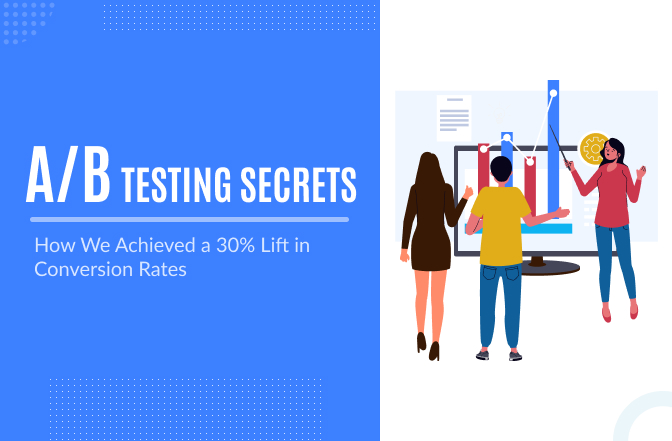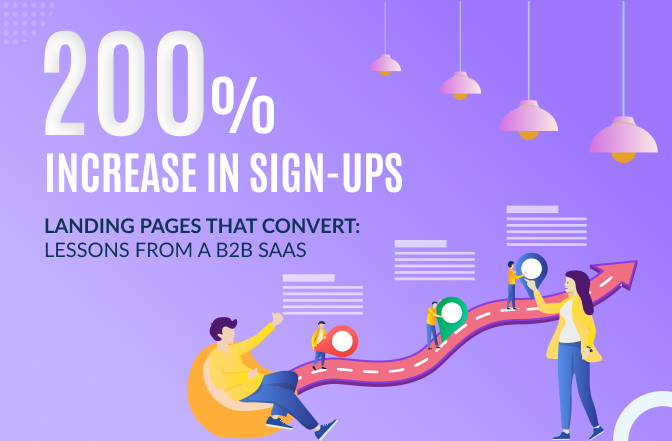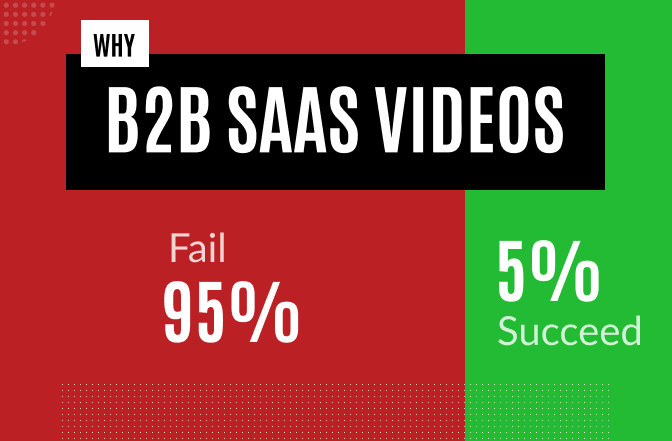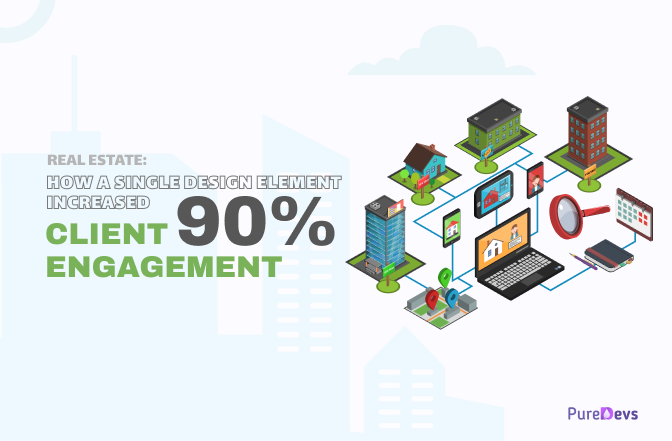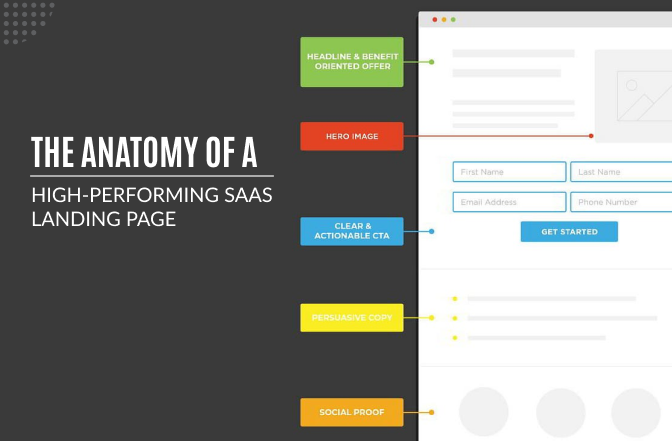Are you trying to figure out whether to invest in SEO or SEM? Both are essential aspects of online marketing, but they differ in their approach and what they can achieve for your business.
Understanding the fundamentals of SEO and SEM is essential for every digital marketer today to maximize the reach of a website or product’s online presence.
By understanding how these two approaches complement each other and how you can use them to drive more effective outcomes in digital marketing, you’ll be able to create a comprehensive marketing strategy for your business.
In this blog post, we’ll compare and contrast SEO and SEM, so you can decide which is the best investment for you. Keep reading to learn more.
SEO Vs. SEM: How Do They Differ From Each Other?
SEO focuses on increasing organic visibility through optimizing content, website structure, keyword research, link building, image optimization, site speed optimization, and more strategies. Its goal is to rank as high as possible in the search engine results pages (SERPs).
On the other hand, SEM uses paid online advertising to reach out directly to potential customers by placing ads across various websites or platforms like Google Ads or other PPC networks. The main objective is to increase click-through rates (CTRs) and conversions while ensuring that relevant keywords are targeted efficiently.
How much do SEM and SEO cost?
It’s an important question to ask when you’re looking to invest in digital marketing.
On average, businesses will invest between $750-$2000 per month into SEO efforts and $9000-$10,000 per month into SEM efforts.
However, this figure can vary greatly depending on your approach’s aggressiveness, the project’s scale, the industry, and other factors.
SEO is often the most budget-friendly option for businesses starting with digital marketing. By investing in high-quality content creation and link-building efforts over time, you can slowly build up organic search rankings and make a more meaningful impact on your target audience without spending a fortune each month.
On the other hand, SEM is typically the more expensive option—but it also offers quick visibility and ROI potential if you know how to set up a successful campaign.
When deciding how much to invest in SEM and SEO services, it’s essential to consider both short-term and long-term objectives.
- SEM: Immediate Result
For example, SEM might be the better choice if you’re looking for immediate results with a limited budget.
- SEO: Long-Term Result
In contrast, longer-term projects may benefit from an increased focus on SEO efforts.
Additionally, don’t forget to factor in additional costs such as technical audits or keyword research; these services can help maximize your returns on investment by helping you avoid common pitfalls or stay ahead of current trends.
SEO vs. SEM: How Long It Takes to See Results?
Many businesses turn to either SEO or SEM when it comes to digital marketing and driving traffic to their website. Search Engine Optimization (SEO) is optimizing a website to rank higher in search engine results.
In contrast, Search Engine Marketing (SEM) involves creating ads that appear in the search engine results pages (SERPs). Both are powerful tools for driving more organic traffic to your site, but how long does it take them to start producing results?
The answer depends mainly on your activity – SEO or SEM. Regarding SEO, the timeline can vary greatly depending on how competitive your niche is and what strategies you’re using.
- However, it takes an average of 6 months to 2 years for a website to reach the first page of Google rankings, with many top-ranking websites having been published 3 years ago or more. Of course, if you focus on long-tail keywords and optimize your content according to best practices, you can see some results within a few months.
- Meanwhile, when it comes to SEM strategies like pay-per-click (PPC) advertising campaigns, you can start seeing results almost immediately. As soon as you set up an ad campaign and launch it, you will begin getting clicks from relevant users who may convert into leads or customers.
Verdict
However, whether you’re focusing on SEO or SEM, some things remain constant regardless of the timeline – dedication and patience.
- While SEM starts working much faster than traditional SEO tactics, it still requires ongoing optimization for maximum effectiveness.
- Similarly with SEO, though it takes longer for your efforts to bear fruit, they will be much more rewarding in the long run if done right and maintained over time.
SEO or SEM: What to Focus On?
If you are confused between SEO and SEM and can’t figure out which one is right for you, keep reading to find out which one you should pitch for.
If you have a WordPress site and you want to do SEO on it, read how to optimize speed for your WordPress with 5 easy steps
When to Look for SEO Services
SEO is often the best choice for long-term growth and success for startups or small businesses with a limited marketing budget. This is because it takes time for SEO efforts to bear fruit and ensure a return on investment (ROI). There are specific scenarios in which focusing exclusively on SEO can pay off.
Quality Content
First, an SEO investment can yield positive results if you have great content tailored to informational search queries. Search engine users commonly ask questions like “What is X” and “How do I do Y”. Although these queries don’t typically convert well into sales or leads, they get a lot of search volume. If you can create quality content that answers these searches effectively, then investing in SEO will pay dividends in the long run.
If You Have Long Term Goal
Second, if you’re willing to wait several months to see results from your efforts, then investing solely in SEO makes sense. In many cases, it can take 6-12 months before any traffic starts rolling in due to optimized content and other strategies.
So if you want to take advantage of organic search but don’t want to spend money on PPC ads right away—which may only be active for a week—then focusing just on SEO might be the right move.
If You Have a Website that Needs Domain Authority
Third, if you have an existing website with low levels of natural visibility or traffic numbers, devoting all resources toward an effective SEO strategy could help quickly improve those metrics.
Planning SEO projects involving keyword research, technical optimization, and link-building activities can increase your website’s domain authority over time – as long as the effort is sustained and backed up by great content creation.
If the Competition is low in Your Niche
Finally, depending on your industry sector or niche market size, fewer competitors may be vying for rankings than more established sectors such as finance or technology – thus creating opportunities for smaller businesses to gain success quickly with a focused SEO strategy.
It pays off to understand what kind of competition exists in your sector before deciding how much emphasis should be put towards SEO campaigns vs. other digital marketing channels such as email marketing or social media advertising.
When to Look for SEM Services
Search engine marketing (SEM) is an invaluable tool for businesses that want to reach more customers online and increase their ROI. It’s a great way of getting your message out there quickly and efficiently; it can be cost-effective. But with so many different aspects to consider, it’s essential to know when to focus on SEM and how to make the most of it.
Loyal Audience with a Specific Product/Service
You should first consider whether your target audience is actively searching for your products or services. If they are, running SEM campaigns can be an excellent way to capture leads and direct them back to your site or sales funnel. You can use various targeting options, such as keyword targeting, contextual targeting, geographic targeting, retargeting and more, to reach the right people.
If You Have a Good Budget for SEM Programs
The second important factor is understanding what budget you have available to dedicate toward SEM efforts. Establishing a consistent ad budget will allow you to experiment with different tactics and strategies without overspending – which is especially useful if you’re just starting with paid ads.
Having said that, even with a limited budget, you can still get impressive results by carefully analyzing data and optimizing your campaigns accordingly. It’s also important to remember that quality content often trumps quantity when it comes to PPC ads – so don’t skimp on creating compelling ad copy or well-crafted landing pages!
If You can Hire an Expert Marketer
Lastly, ensuring that you have someone who knows how to manage a Google Ads account correctly is essential for success with search engine marketing. An experienced search engine marketer can take into account all the relevant details, such as keyword targeting, Quality Score, ROI analyses, and conversion rates, to get the best possible results from each campaign.
Furthermore, they should be able to understand how the various components interact with each other to create efficient campaigns that generate high-quality leads at reasonable prices per click (CPC).
Final Note:
When deciding whether to invest in SEM vs. SEO services, it’s essential to consider both short-term and long-term objectives. If you’re looking for immediate results with a limited budget. In that case, SEM might be the better choice, whereas longer-term projects may benefit from an increased focus on SEO efforts.
Additionally, don’t forget to factor in additional costs such as technical audits or keyword research; these services can help maximize your returns on investment by helping you avoid common pitfalls or stay ahead of current trends.


